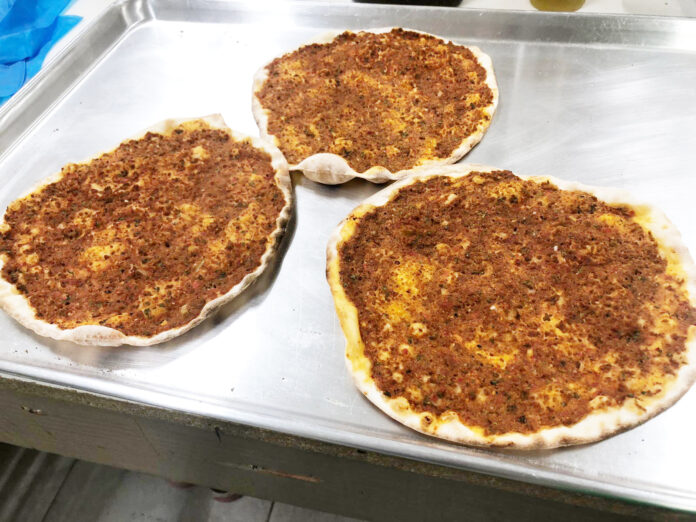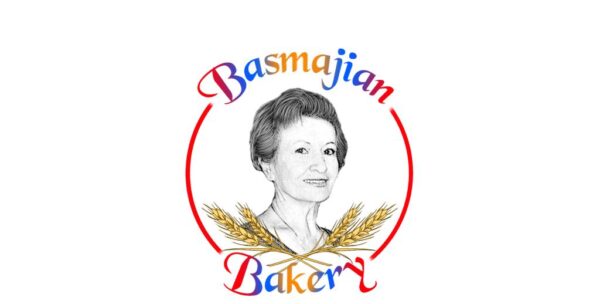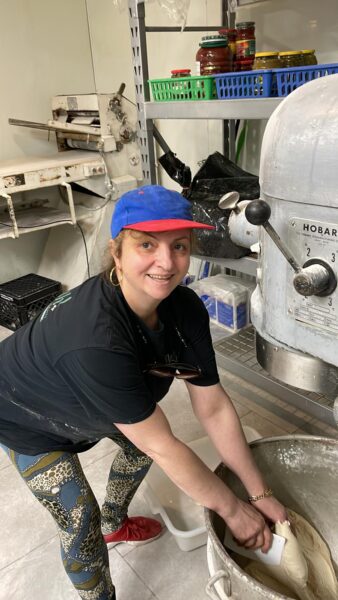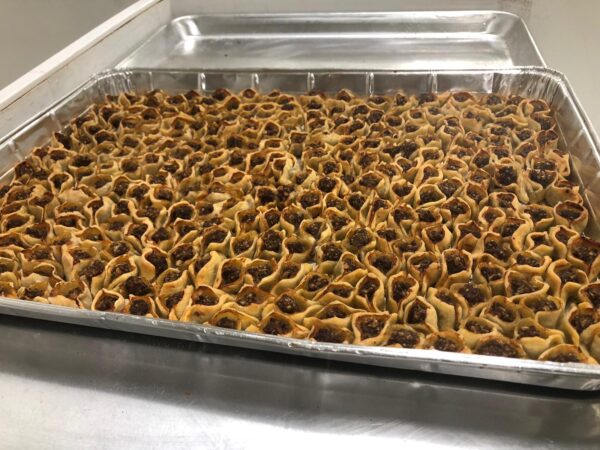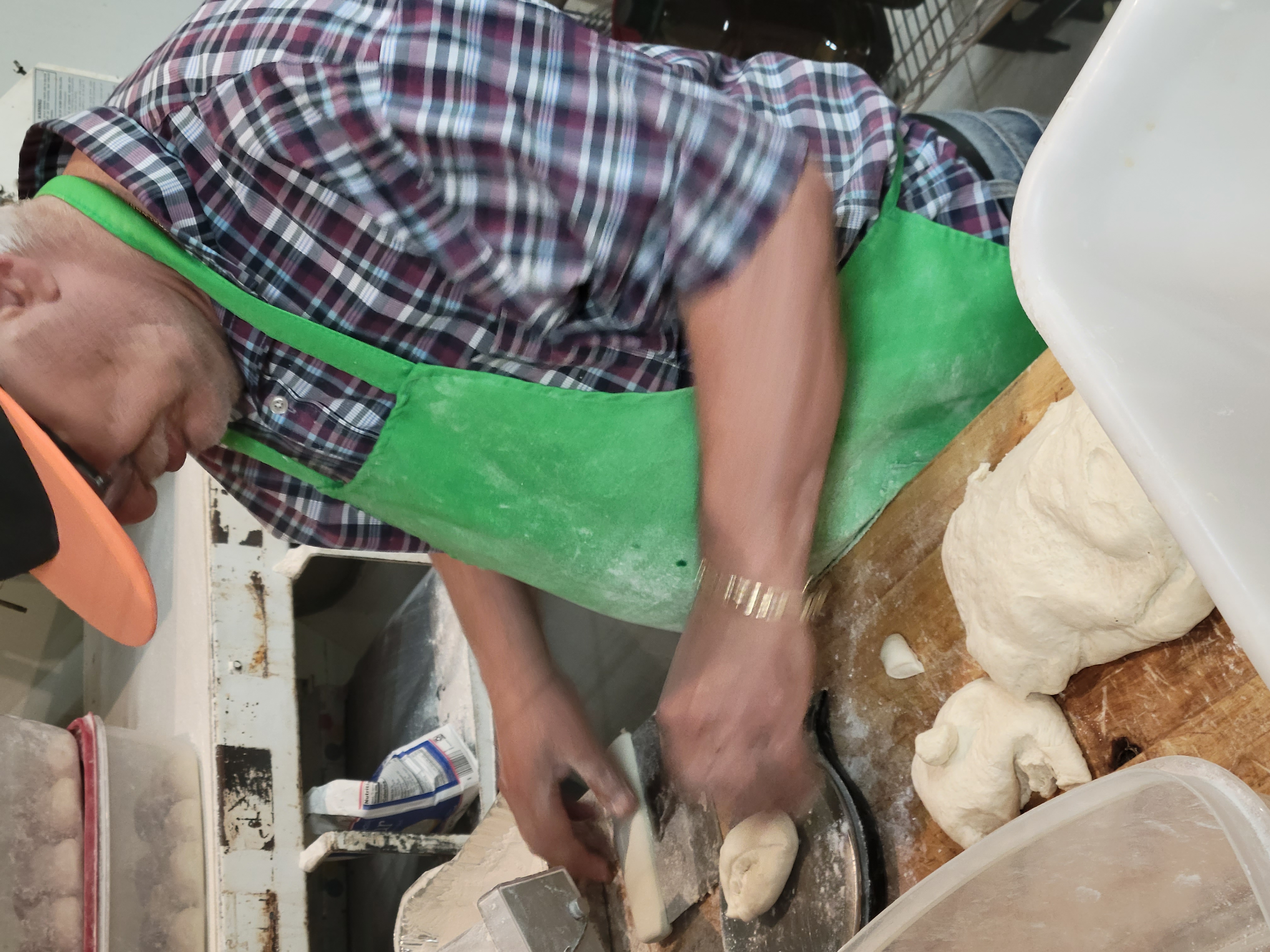SOUTHFIELD, Mich. — Caroline Basmajian has always wanted to be in the food industry.
“My mom used to do it, my sister did it, I do it,” she says. “We can be in the kitchen 24/7 and we won’t say no, that’s how much we love cooking.”
Caroline, along with husband Berj and son Harout are the proprietors of Basmajian Bakery, which Harout describes as a “pop-up” in Southfield.
If owning her own restaurant or catering business was Caroline’s dream, Harout is the entrepreneurial brains behind making his mother’s dream a reality.
“My previous career was working with sales, but the last job was in PR and reputation management with a major Canadian telecom company. Quite a bit of social media influence as well. I wanted to be an entrepreneur, but Canada does not encourage entrepreneurship. So, I moved here and sold my belongings. And sine mom was moving this way we decided why not, let’s all move here,” he said.
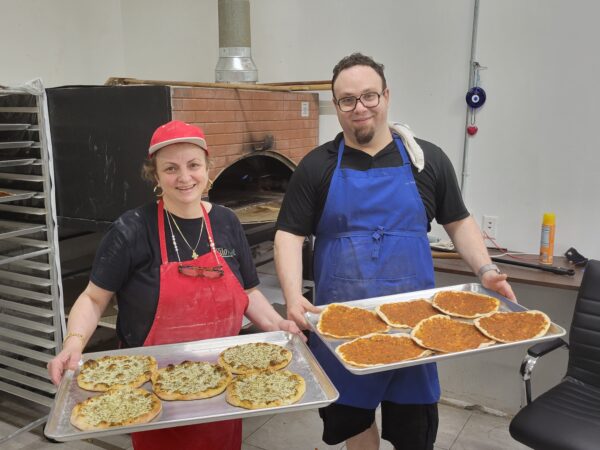
Though Caroline moved to Detroit in 2015 and Harout moved in 2017, their roots in the area run much deeper than that.



